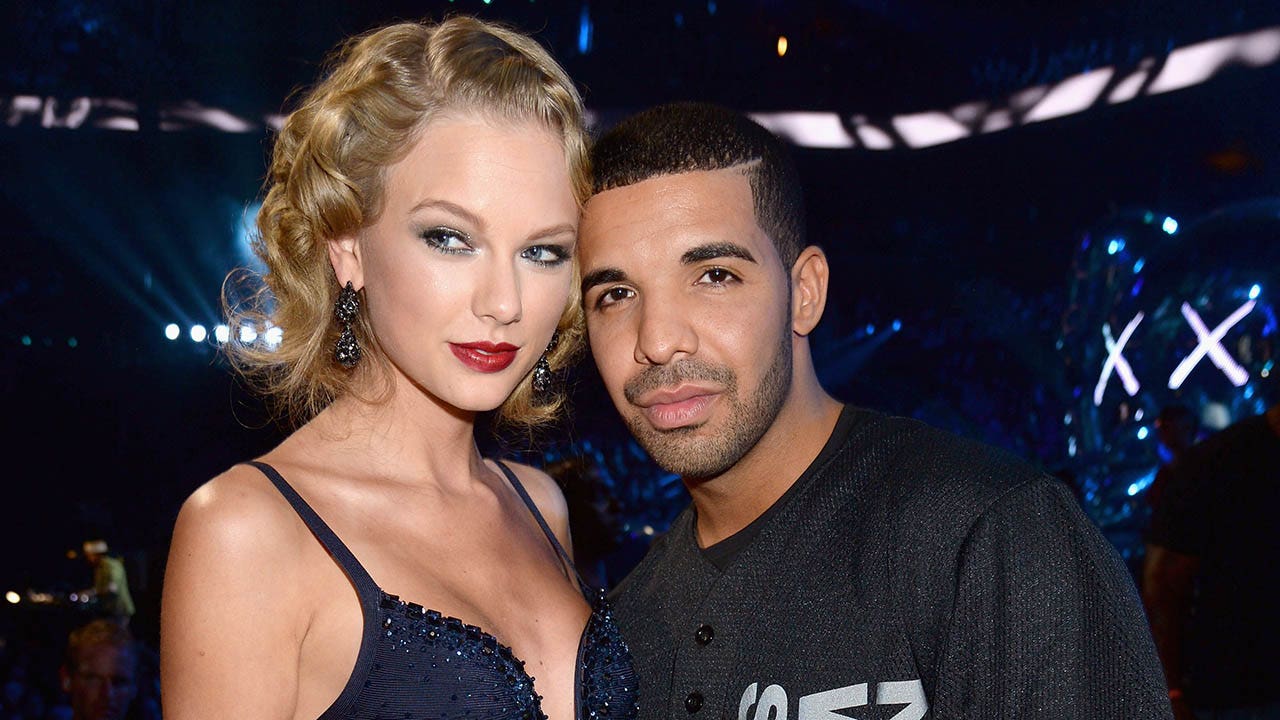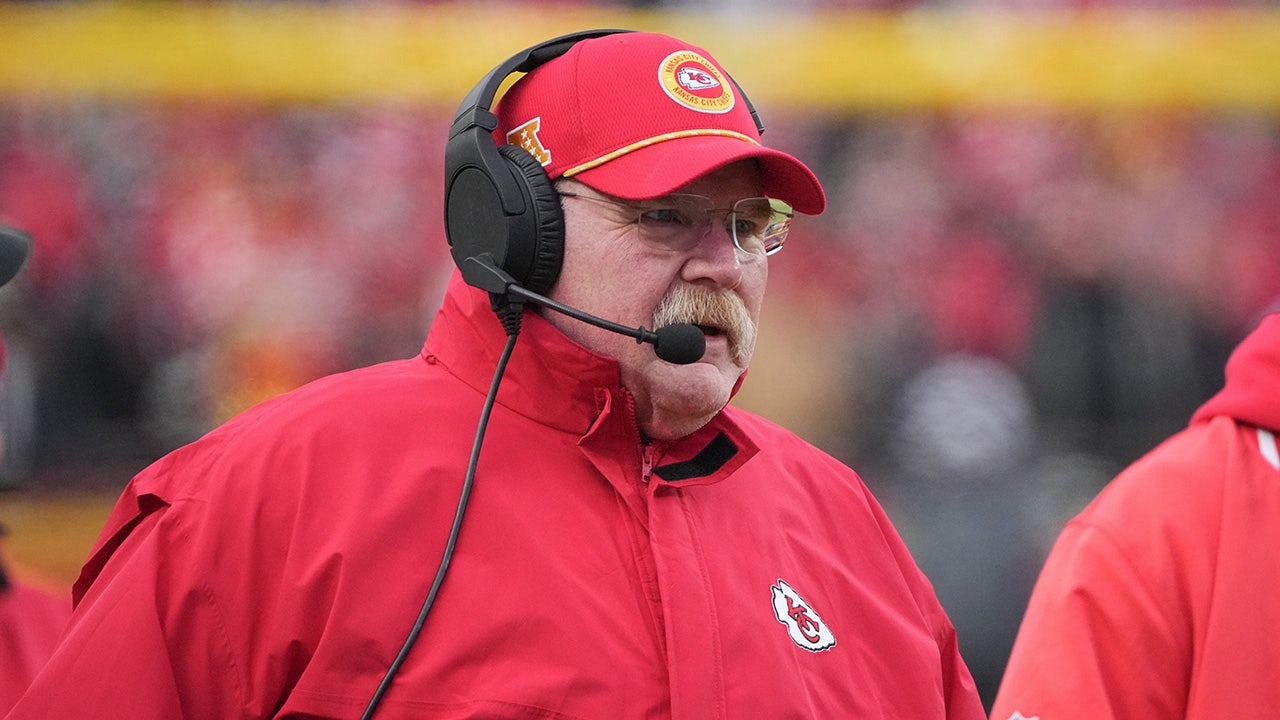Everton, a storied English soccer club trying to weather a serious financial storm, secured a modest victory on Monday when a record penalty that had sent it to the bottom of the Premier League standings was reduced on appeal.
Everton’s original penalty, a 10-point deduction for financial rules violations, was reduced to six points, lifting its chances of staying in the division — and of retaining access to the tens of millions of dollars in annual revenues that a place in the Premier League brings.
The successful appeal immediately lifted Everton to 15th place in the standings and eased the club’s fears of relegation and potential financial ruin. The reprieve, however, might be short-lived.
The Premier League in January announced that Everton and Nottingham Forest, another club at risk of relegation, faced additional charges of breaching cost-control regulations. If the teams are found guilty, the new case will almost certainly lead to another points deduction.
Everton, a founding member of the Premier League, has in recent years become a symbol for poor management and financial risk-taking. Crippled by expensive contracts and the cost of constructing a new stadium, the club faces debts of about $1 billion and continues to require regular infusions of millions of dollars in external financing to keep its operations running.
One of its biggest creditors is 777 Partners, an American investment firm. That company started lending money to Everton around the time in September that 777 announced a deal to acquire the club from Farhad Moshiri, a British Iranian businessman who has owned the club since 2016.
But the transfer of ownership has shown little sign of reaching a conclusion amid growing scrutiny of 777 Partners by the Premier League, which must endorse the deal before it can go through.
The Everton case is also significant in other ways. The original charges against Everton came as the British government was seeking to impose a regulator for the soccer industry. The Premier League has reluctantly accepted the idea of a regulator, but it is seeking to shape the powers of any such body. Until now, the league has been largely self-run, owned by and for the 20 teams that perform in it every season.
For Everton, the prospect of relegation from the Premier League to the Championship, the second tier of English soccer, would most likely see its sporting and financial crisis spiral further downward. Relegation would prompt a fire sale of players and almost certainly lead to administration, a form of bankruptcy protection. Nonetheless, recent news reports have said that there are potential alternative investors for the club, which is in the process of building a 53,000-seat stadium on the banks of the Mersey River in its home city, Liverpool.
Under a process agreed by the Premier League’s member teams last year, any cases related to breaches of so-called Profit and Sustainability Rules, including any appeals, must be decided upon before the start of next season. The rules were changed because Everton’s original breach occurred in a season in which it only narrowly avoided relegation, leading to the threat of legal action from a group of clubs that believe they lost out as a result.
Everton was originally punished for breaching rules that state clubs can lose a maximum of 105 million pounds, about $133 million, across three seasons, excluding spending on infrastructure, youth programs and other specific elements. Everton went over that limit by £19.5 million.
The Premier League said that Everton’s 10-point penalty, handed down by an independent review panel, had been reduced because the club had successfully rebutted two of the nine justifications underpinning the original deduction. “This revised sanction has immediate effect and the Premier League table will be updated today to reflect this,” the league said. The league had arrived at the penalty of 10 points, and the new one of six points, arbitrarily; it has no fixed schedule of deductions for financial violations.
Part of the league’s original penalty was based on a claim that Everton had not acted in good faith with the league. The reduction in the points penalty was partly because the appeals panel rejected that assessment, Everton said.
“That decision, along with reducing the points deduction, was an incredibly important point of principle for the club on appeal,” Everton said in a statement.






